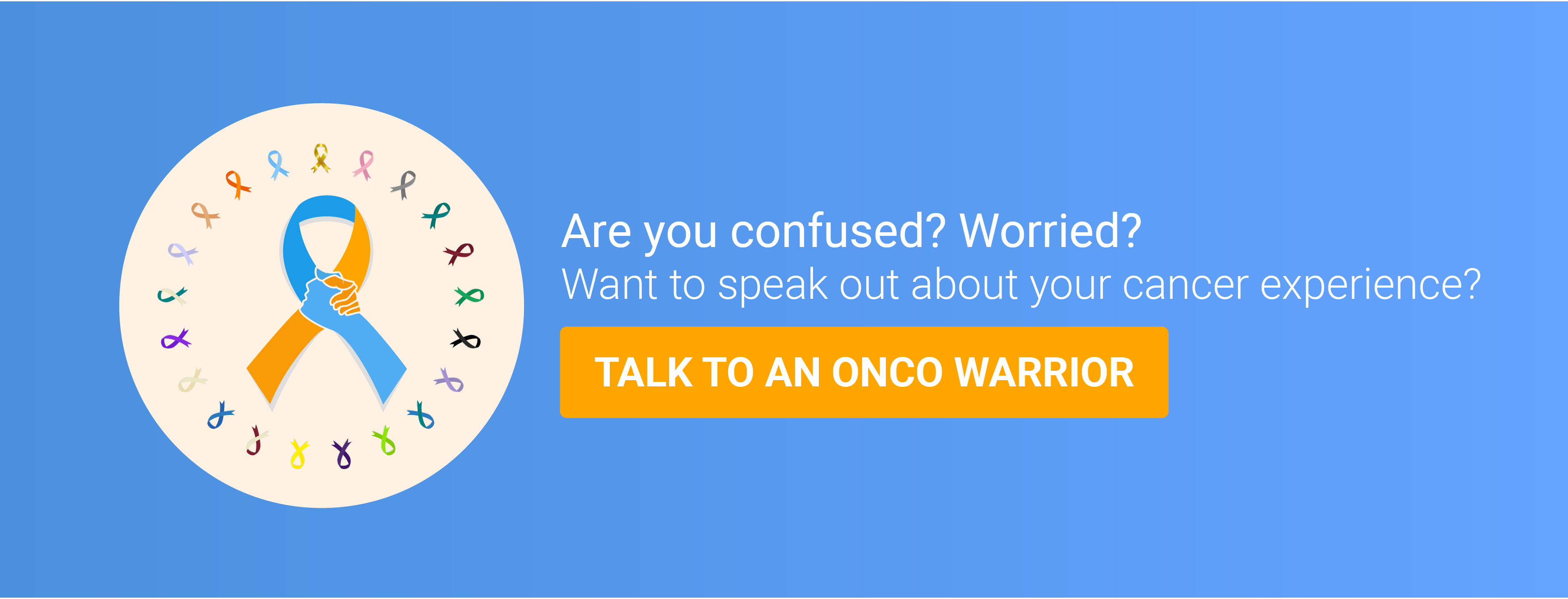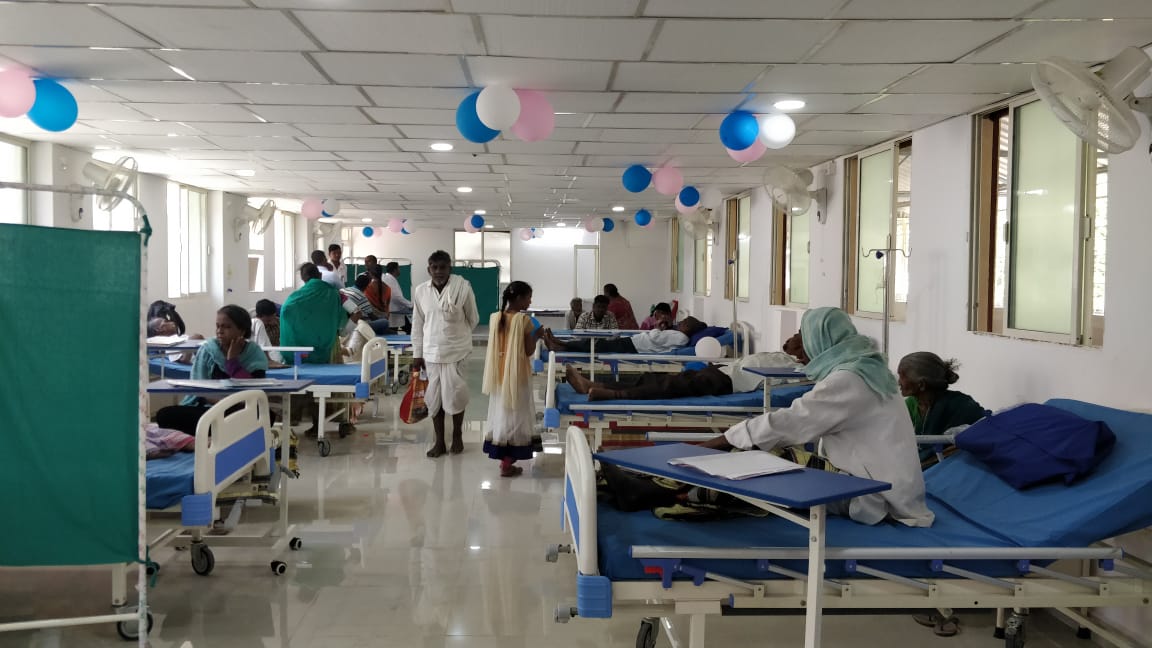If you’ve read interviews of cancer survivors, or even their stories you will see that it’s all about positivity and determination. Everyone will tell you that you must never give up and that you should always hold onto hope. And I guess they are right.
Hope and determination do give us the strength to fight our problems. But what I am about to tell you is a little bit different. It’s important that you don’t misunderstand me. I am not asking you to give up or lose hope. Never. Life itself balances upon our ability to see the light at the end of the tunnel. If we give up, then we will lose even before cancer can win.
But what I’m about to tell you is that there are always two sides to a coin. There are two possible outcomes when you are faced with a life-threatening opponent like cancer. Recognising this will help you deal with certain situations that you may have to face in your cancer journey. I hope you never have to face such situations, but it is necessary to be prepared, so that you can continue to stay strong.

My journey as a cancer caregiver
My mother was diagnosed with colon cancer in 2007. As most of you might have experienced, the initial reaction to a cancer diagnosis is usually extreme. It takes time to get around the idea that a pillar of your family is unwell and has to go through a prolonged treatment that may or may not have the desired results. But we were determined to fight cancer. We wanted to do everything in our power to beat it.
Finances were not an issue for us during the cancer treatment. My mother was a government employee and enjoyed the benefits of CGHS. So we went for every single treatment that the oncologists recommended. We followed all the diet advice that was given. We also made sure that one of us was always around so that my mother was well-taken care of.
Initially it seemed like she was recovering, and we kept ourselves positive. But in 2010, she relapsed. It felt like we were back to square one again. In the next two years, I saw my mother suffer tremendous pain. This experience shook me and changed my perspective on a lot of things in life.
Colon cancer can be extremely painful in the final stage. We chose to keep my mother at home and employed a full time nurse to take care of her. The treatment was now geared towards pain management as that was our primary concern.
After months of unbearable pain, my mother breathed her last in 2010. By then, I had reached a point where I was ready to give up fighting and I wished she would too. It was an experience that changed everything I previously believed about life.
Palliative care for cancer patients
My father had been a railway man all his life. The cancer journey impacted him enough to move him to work in cancer palliative care. After his retirement he founded a palliative care institute in our city Hyderabad. This foundation provides free palliative care to economically backward cancer patients.
We have about 20-25 beds and four home care vehicles to provide medical help to those patients who cannot visit clinics due to their remote location or due to their medical condition. My father spends his entire day at this foundation, ensuring that the cancer patients get a clean and comfortable environment to stay in while they are on palliative care.

Since we have gone through a very painful end-of-life cancer journey, we know how hard it is. Much more so for those who do not have the money to provide nurses for their loved ones who need constant care at this time. This is why we are dedicated to helping them in whatever way we can.
My learning from this experience
If your loved one’s cancer has advanced to a stage where the prognosis is bad and there is no known treatment to completely cure you of cancer, then you need to discuss your options with your oncologists. Ask the difficult questions. At this point, usually, all treatment that is provided to you is palliative in nature and not curative.
Find out what your options are in terms of at home care, and hospice care. Consult all those who will be involved in the home care to see how much they can contribute towards daily caregiving. And most importantly, ask the patient how she or he feels about the given options.
No one wants to consider palliative care or end-of-life care because they don’t want to stop fighting. They want treatment to be provided with the hope that there is still a possibility of cure, with a good quality of life after that. But it’s important to talk to your oncologists about the prognosis; exactly what does the treatment hope to achieve, and how long will it take. Be realistic. Hope is good, but being unrealistic can be harmful for the patient and for the rest of your family.
If you find it difficult to think about these things, speak with a counselor who can help you. It is likely the patient or other members of your family may also benefit from speaking with a counselor.
Everyone talks about accepting the cancer diagnosis. But no one talks about accepting the prognosis. It is not wrong to hope for a miracle, but a miracle cannot be your only plan of action. You need to think about how you will deal with this situation so that everyone, the patient and the family suffers less.


